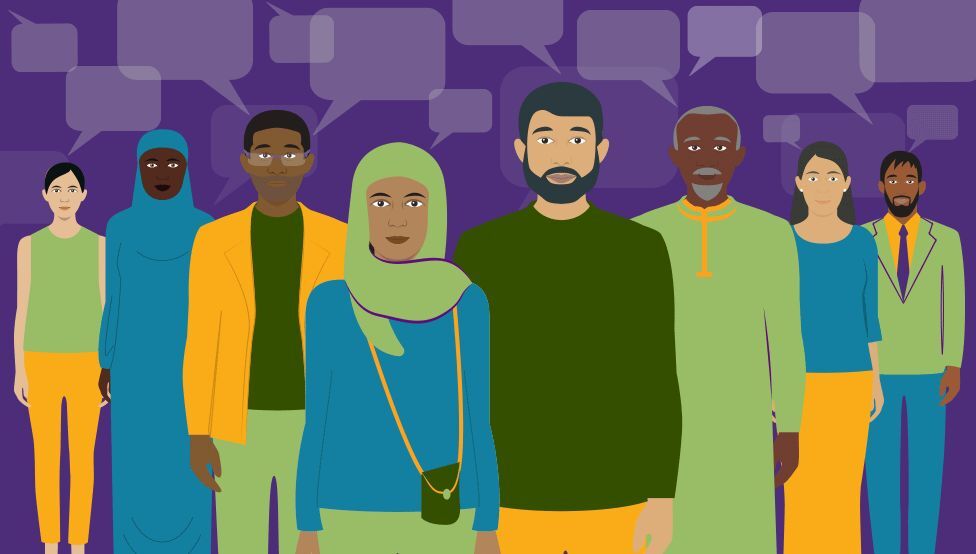“Egyptians are voting in presidential elections on March 26-28. Abdel Fattah al-Sisi, who grabbed power in 2013, is set to win another term by a landslide. Yet this is far from a sign of strength: opposition candidates have been silenced, and even pro-government media are being purged of the slightest undertone of dissent. Al-Sisi’s grip on power may appear firm,…
The False Assumptions Fueling America’s Endless War
….Terror Recruitment Fueled by U.S. Military Strikes As part of the war on terror, America has conducted military operations in at least eight Muslim-majority countries: Afghanistan, Iraq, Pakistan, Syria, Libya, Yemen, Somalia, and Niger. Polling clearly shows the use of U.S. military force has inflamed grievances among Muslims. A survey of 11 Muslim-majority populations, for example, found that more respondents…
Scaling-up the Inclusive Growth Agenda in the Arab Region
… 1. The Region Needs Inclusive Growth Now More Than Ever Since our last conference in Amman in 2014, countries in the region have placed job creation and inclusive growth at the heart of their reform agendas. There has been progress – though not enough. Many are clearly struggling with “how” to scale up reform implementation, and turn these priorities…
A Marrakech, Christine Lagarde plaide pour “plus d’infrastructures, plus de dépenses sociales…”
…Selon une note du FMI sur le sujet, « les citoyens de la région s’inquiètent du fait que les opportunités et l’accès aux services publics ne sont pas les mêmes pour tous. D’après l’enquête Arab Barometer, 70 % des citoyens estiment que les efforts gouvernementaux pour réduire l’écart entre les riches et les pauvres sont peu, voire très peu, efficaces…
Le FMI pointe du doigt la montée des “frustrations”
…“Les citoyens de la région s’inquiètent du fait que les opportunités et l’accès aux services publics ne sont pas les mêmes pour tous”, note le FMI. D’après l’enquête “Arab Barometer”, effectuée pour la période 2012-2014 dans 12 pays dont l’Algérie, 70% des citoyens estiment que “les efforts gouvernementaux pour réduire l’écart entre les riches et les pauvres sont peu, voire…
Is EGYPT becoming a SECULAR country?
With over 95 million inhabitants, Egypt is the biggest country in the Arab world. In 2011, thousands of people protested for days to overthrow HOSNI MUBARAK, the dictator who ruled the country back then. A year later, the Muslim Brotherhood gained power, ready to turn the country of the pyramids into an Islamist Republic. But now, in 2017, Egyptian politics…
The Arab Spring: to be continued
…Quite unexpectedly, during that poll, as many as 11.5% of the Tunisians said that their country was democratic against 14% saying that it was ruled by a dictator regime. The key problems were corruption and unemployment. The Tunisians did not believe their leaders – be they political or religious. Most of them said that their economy was worse than it…
